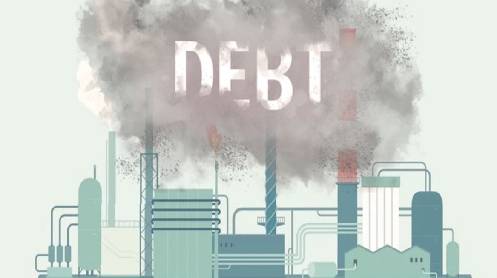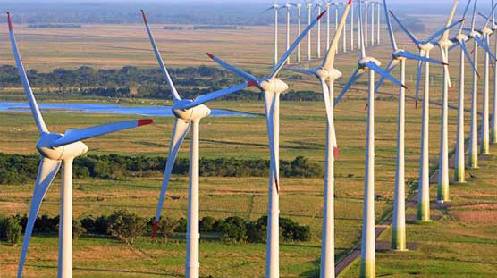Government Left with Only 42.5% from Divisible Pool as Interest Payments and Circular Energy Debt Become Unsustainable
ISLAMABAD: The federal government is considering sharing debt servicing and electricity circular debt with the provinces, following the provinces’ refusal to revisit their share under the NFC Award.
Finance ministry officials revealed a consensus that provinces should assist with debt servicing and electricity circular debt after their share in the divisible pool was increased to 57.5% under the 2010 NFC Award. Currently, the federal government retains only 42.5%, which is increasingly unsustainable due to rising interest payments and circular energy debt.
Former state minister for finance, Dr. Aisha Ghaus Pasha, stated that reaching a consensus on a new formula requires agreement among all provinces and the federal government, which seems highly unlikely. She noted that provinces are unwilling to compromise on their share.
Dr. Pasha acknowledged the federal government’s concerns about its reduced share in the NFC Award but suggested that this issue could be addressed by devolving ministries and divisions as envisaged under the 18th Constitutional Amendment. Instead of reconsidering the provinces’ share, she recommended that the federal government reduce its own expenditures through measures such as rightsizing the government, pension reforms, and better debt management.
Furthermore, Dr. Pasha advocated for fiscal decentralization to the district level for greater accountability. She highlighted that while fiscal decentralization was envisioned in the last NFC Award, it remains incomplete as resources have yet to be transferred to districts, which requires political will.
Story by Zaheer Abbasi





